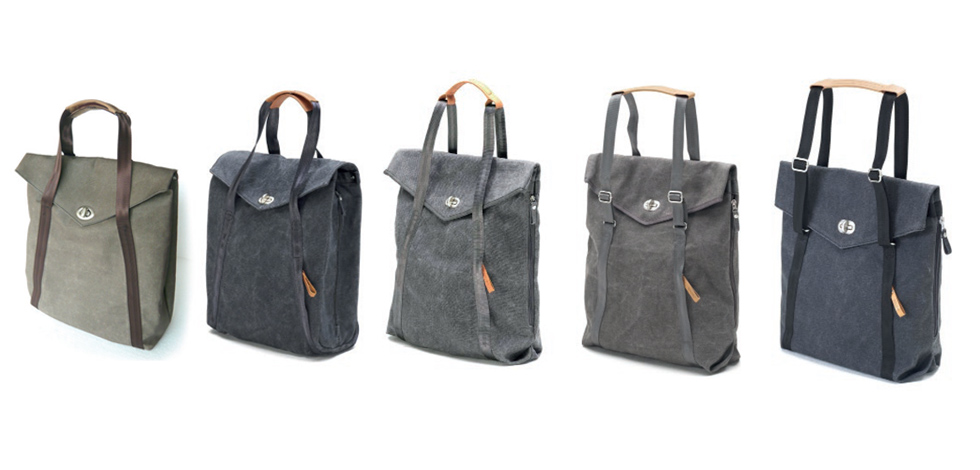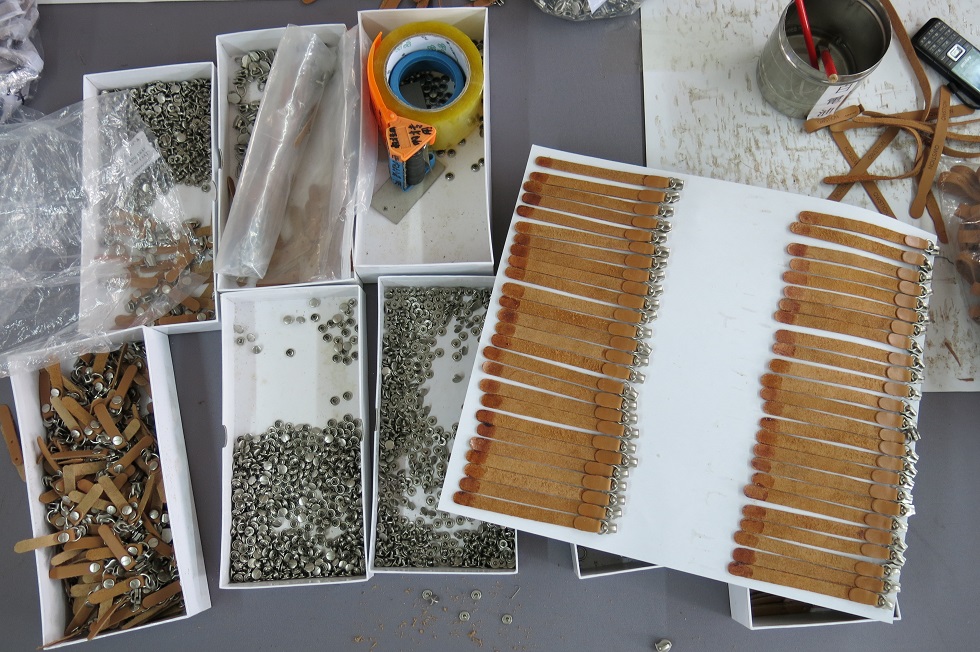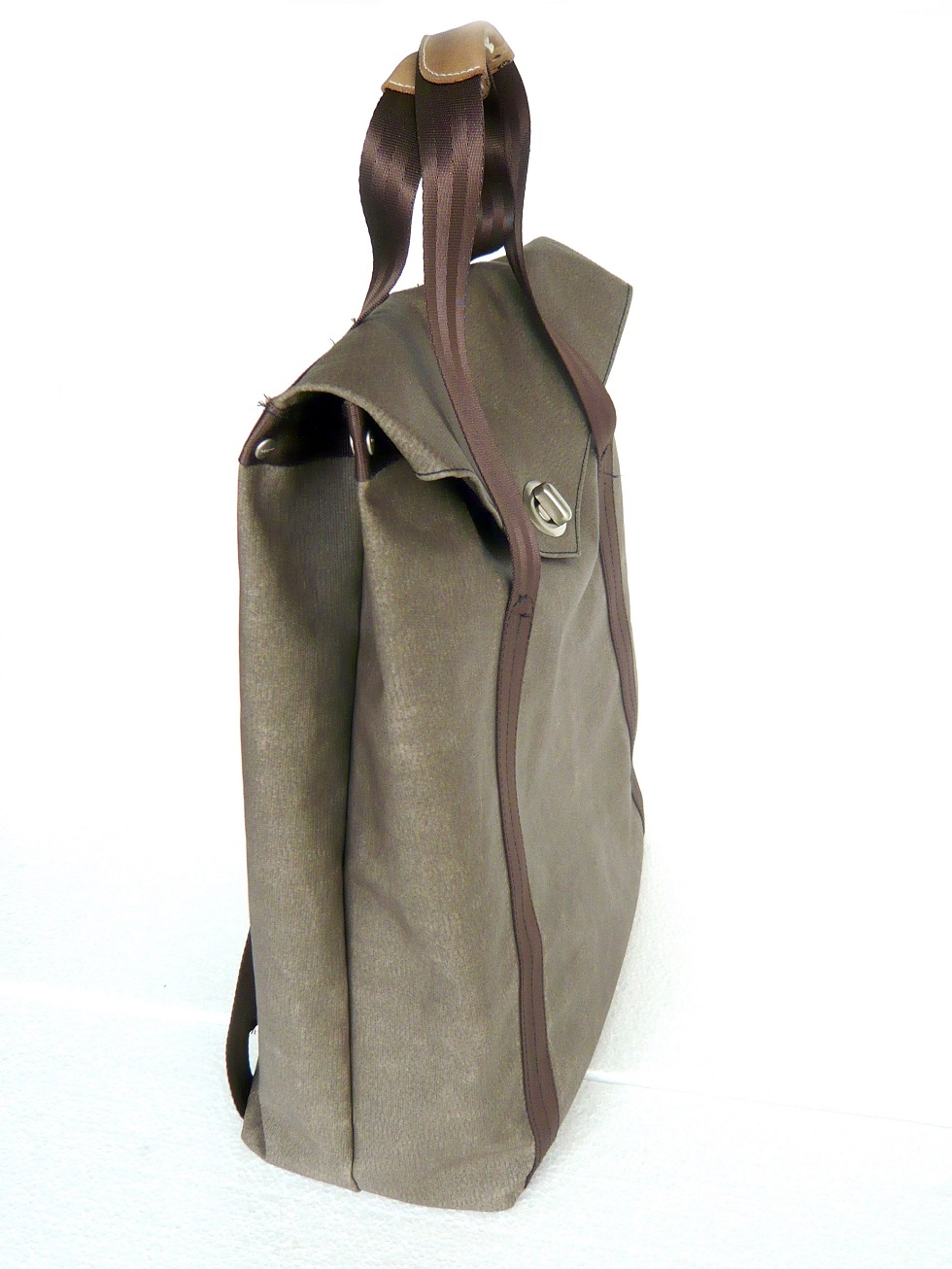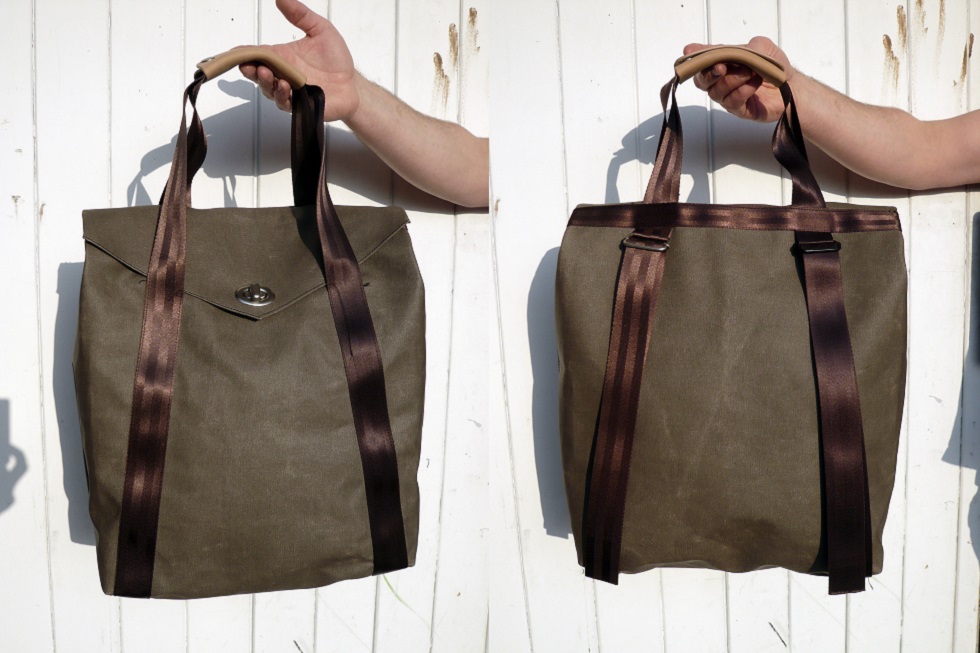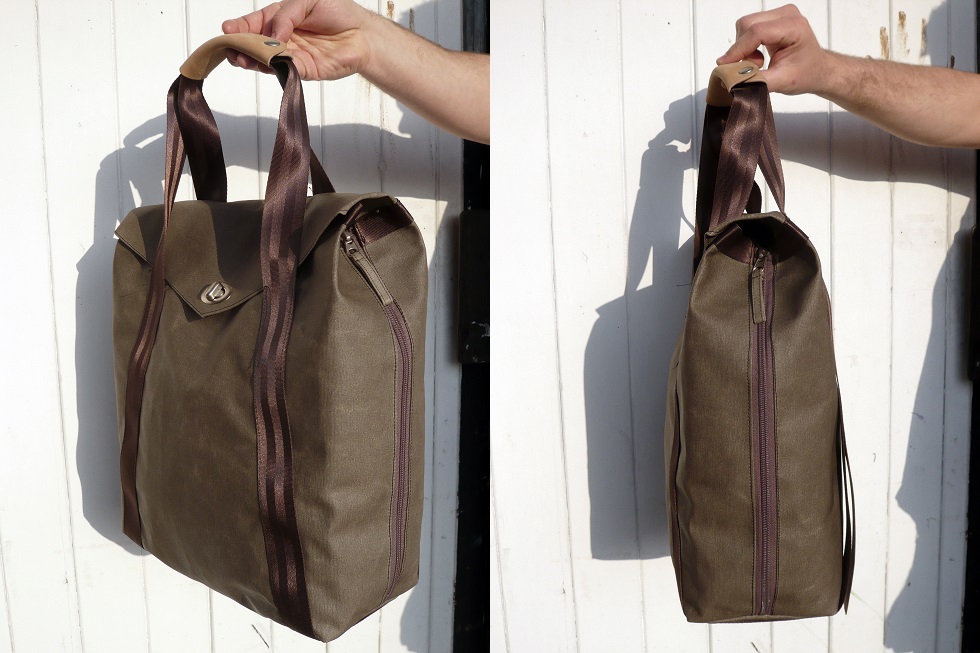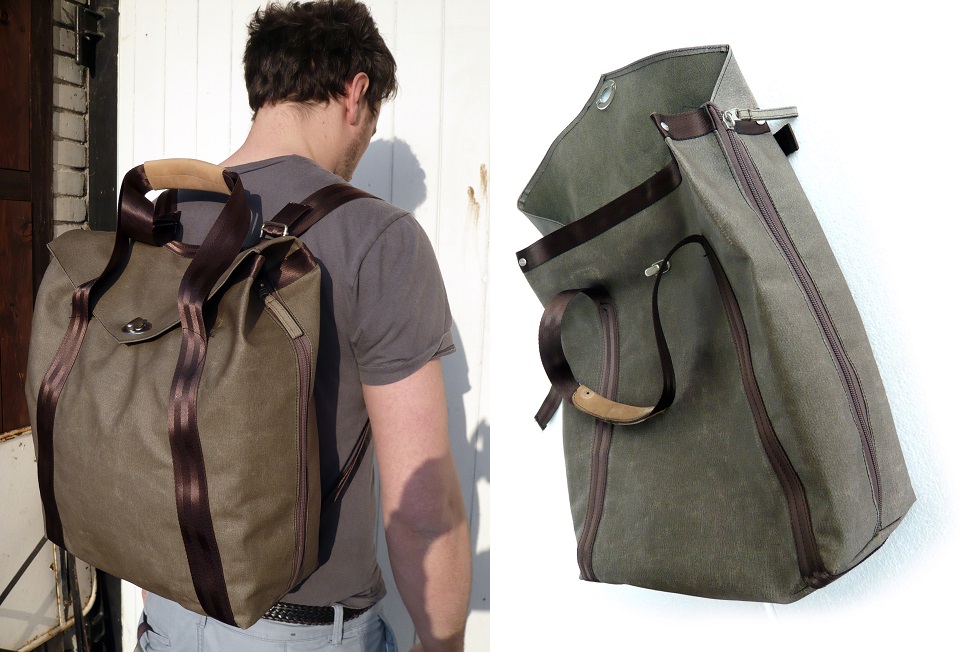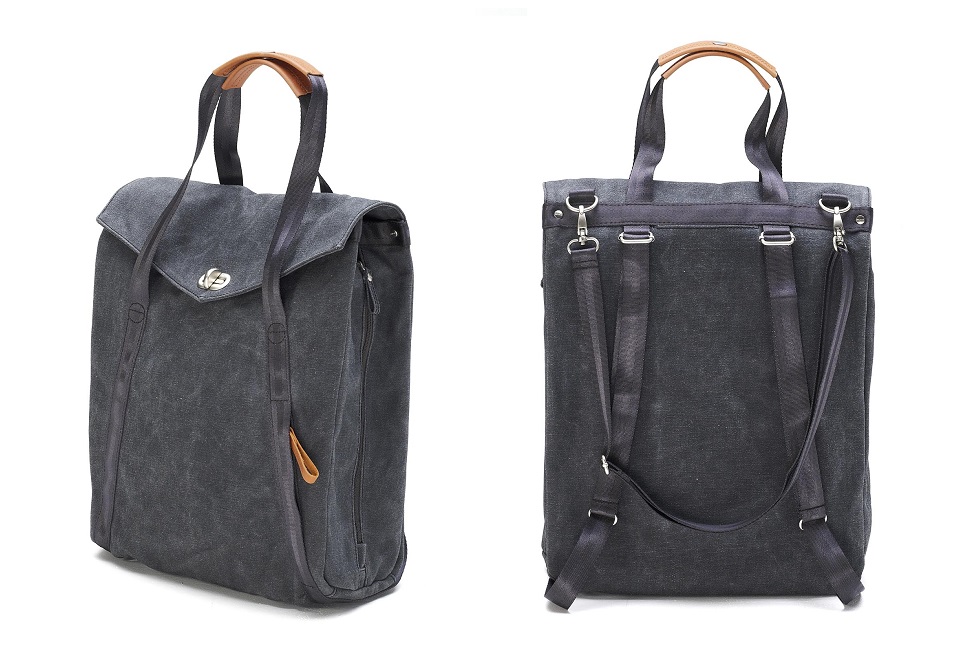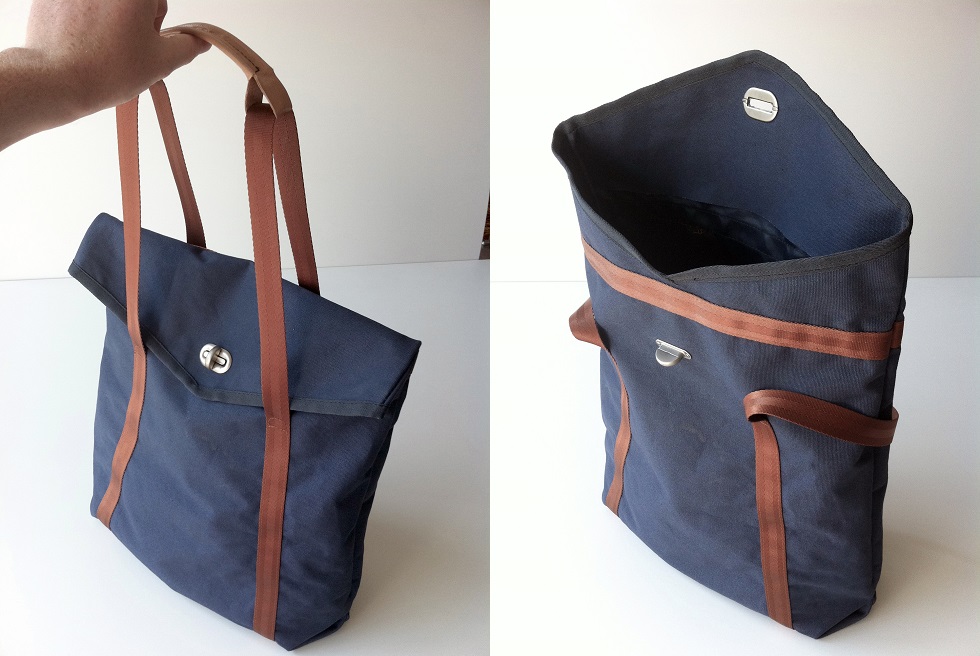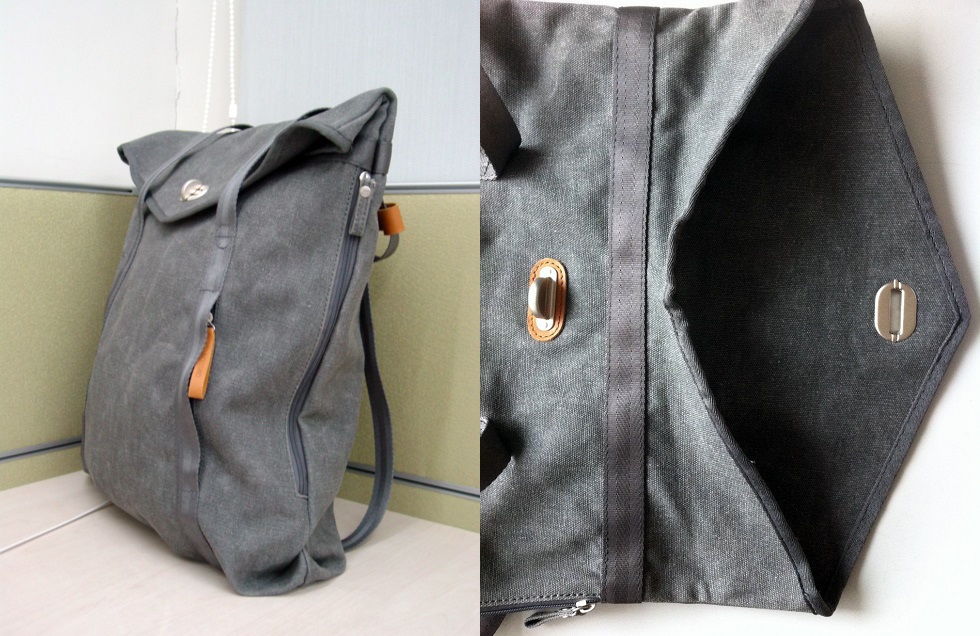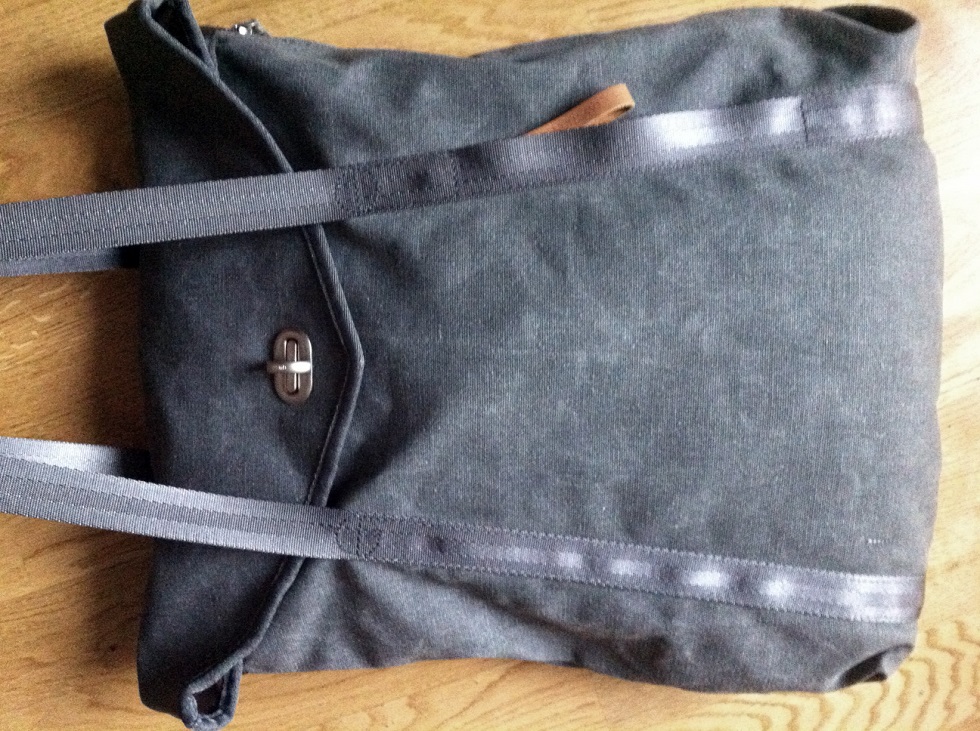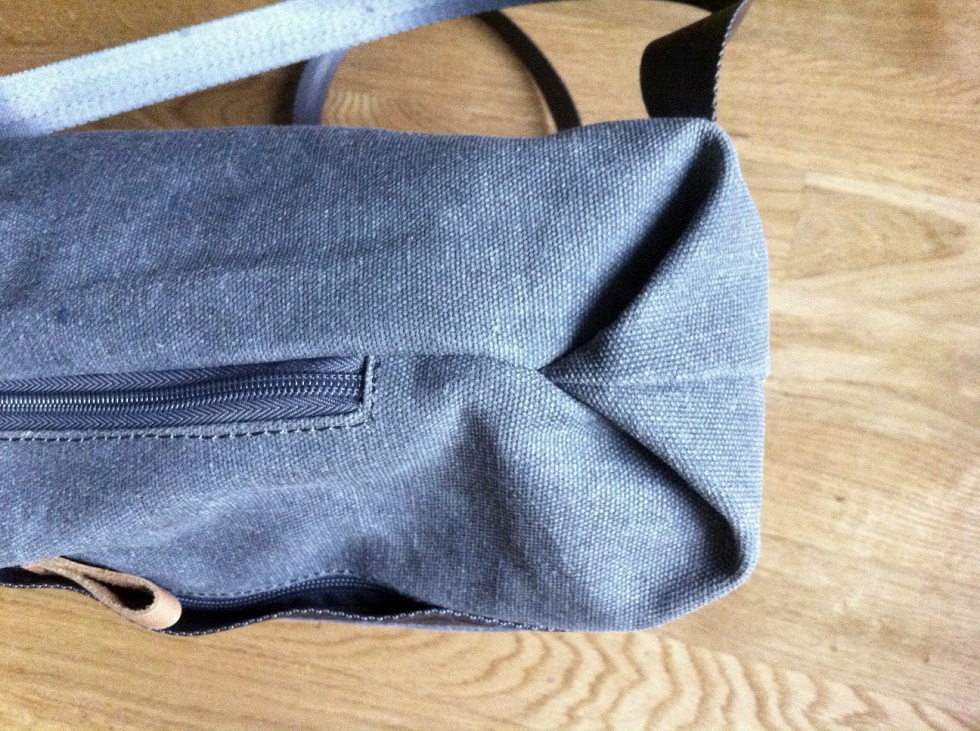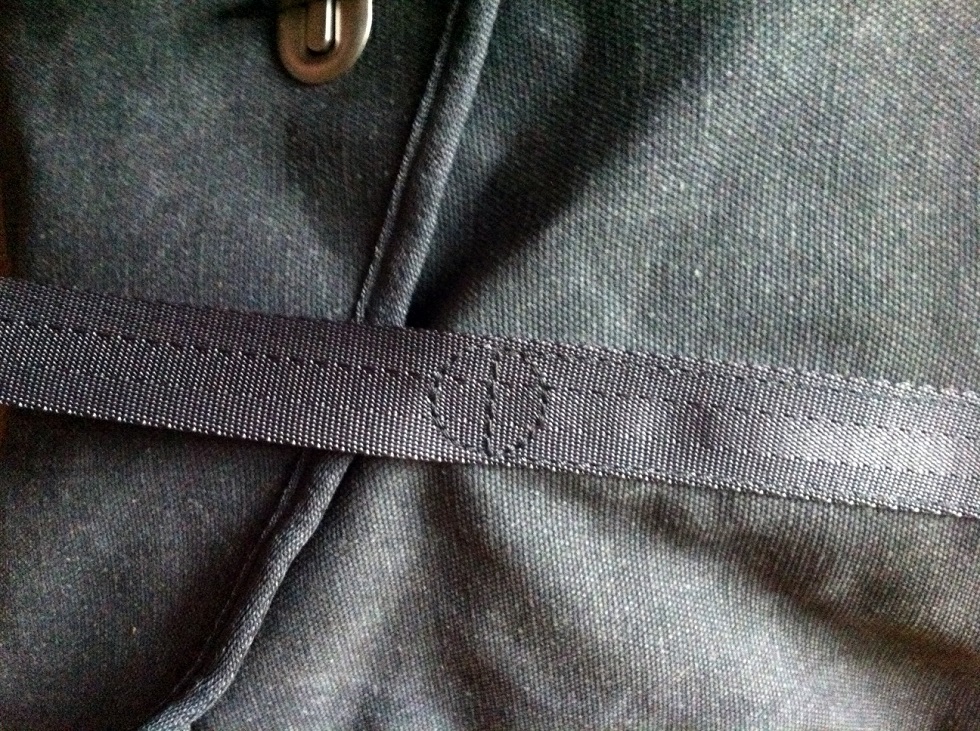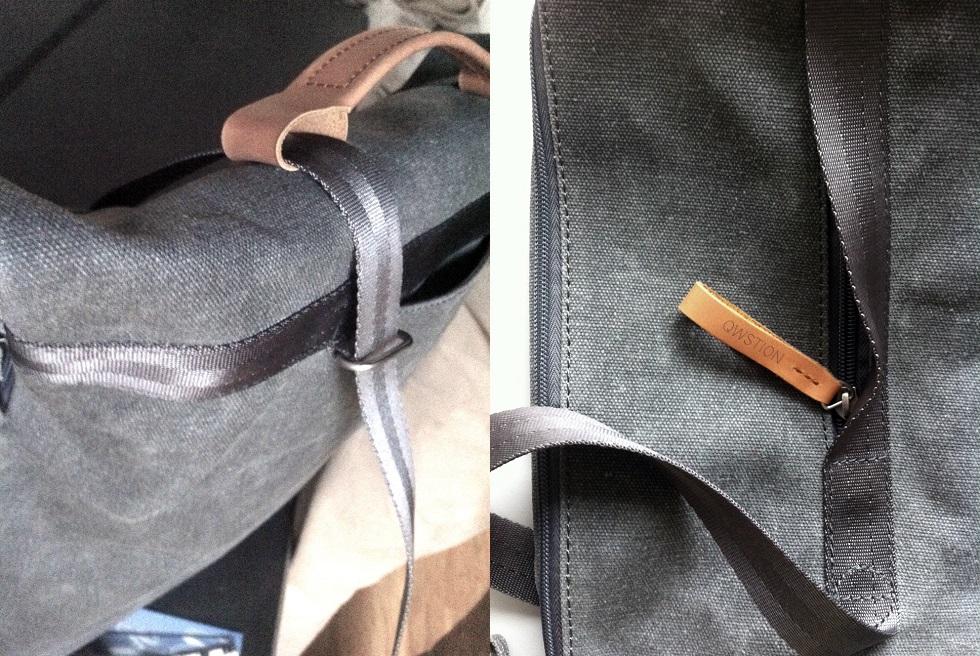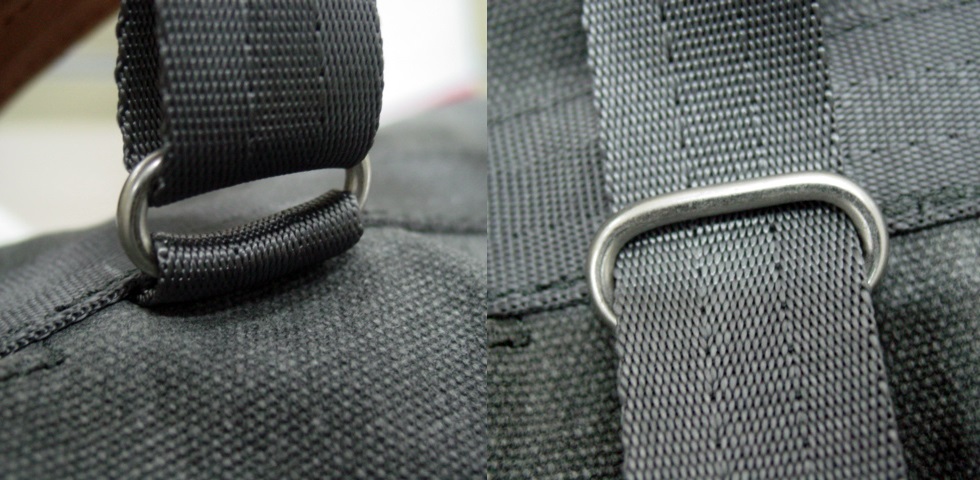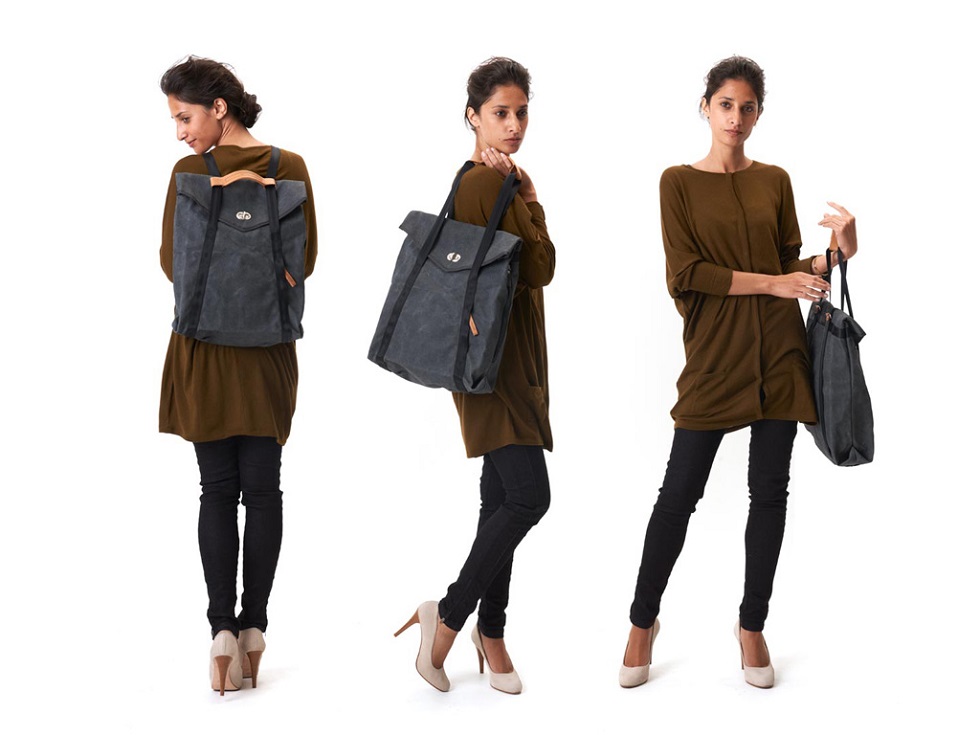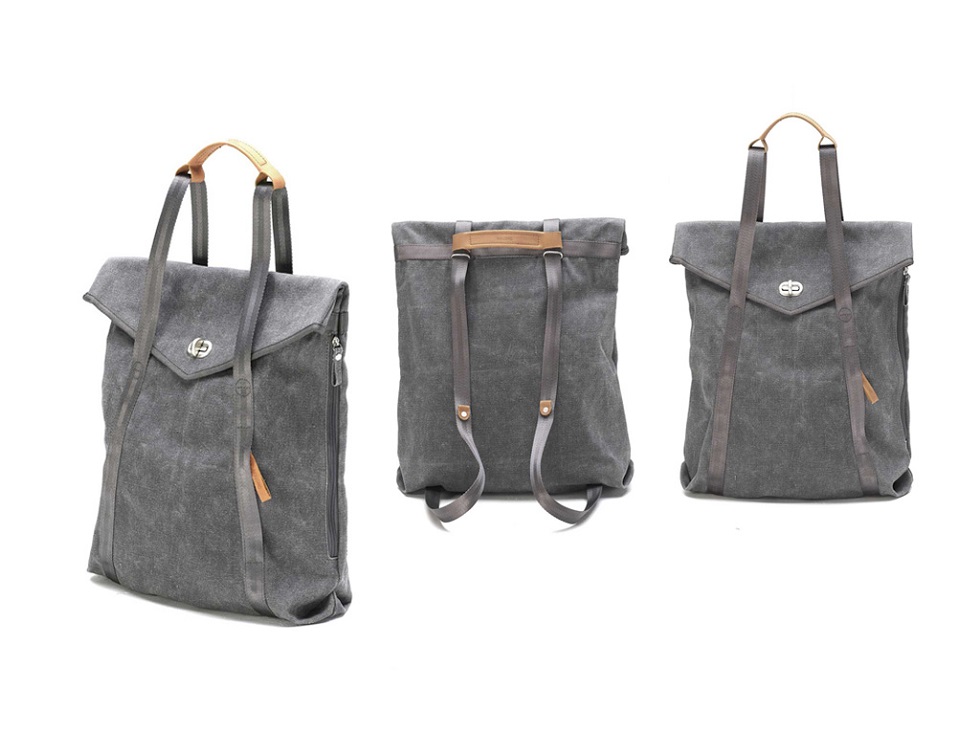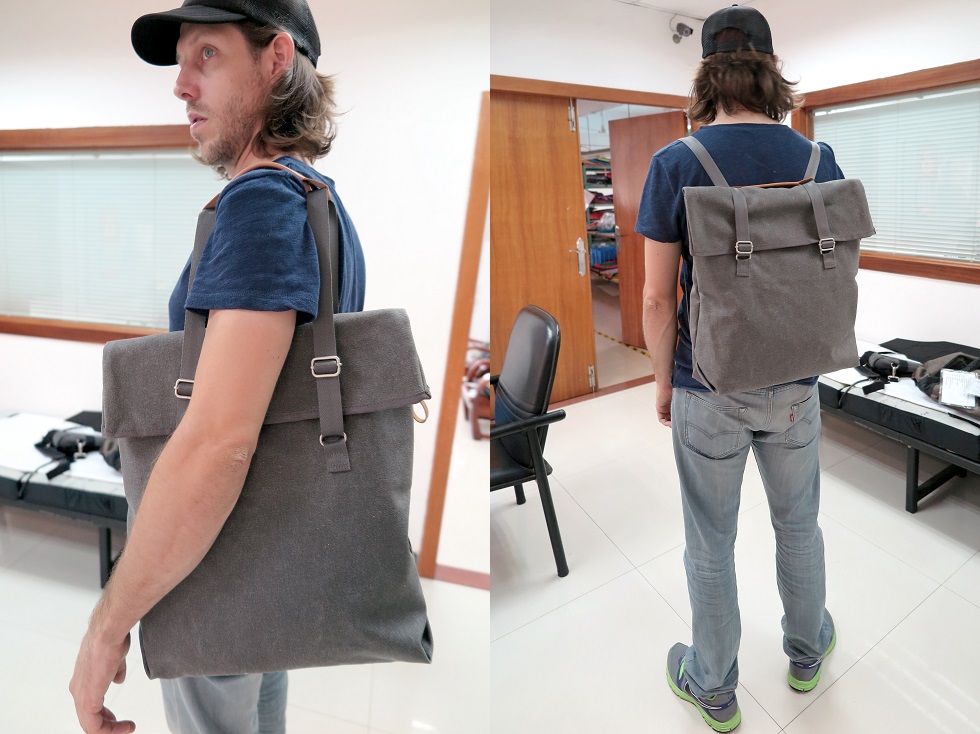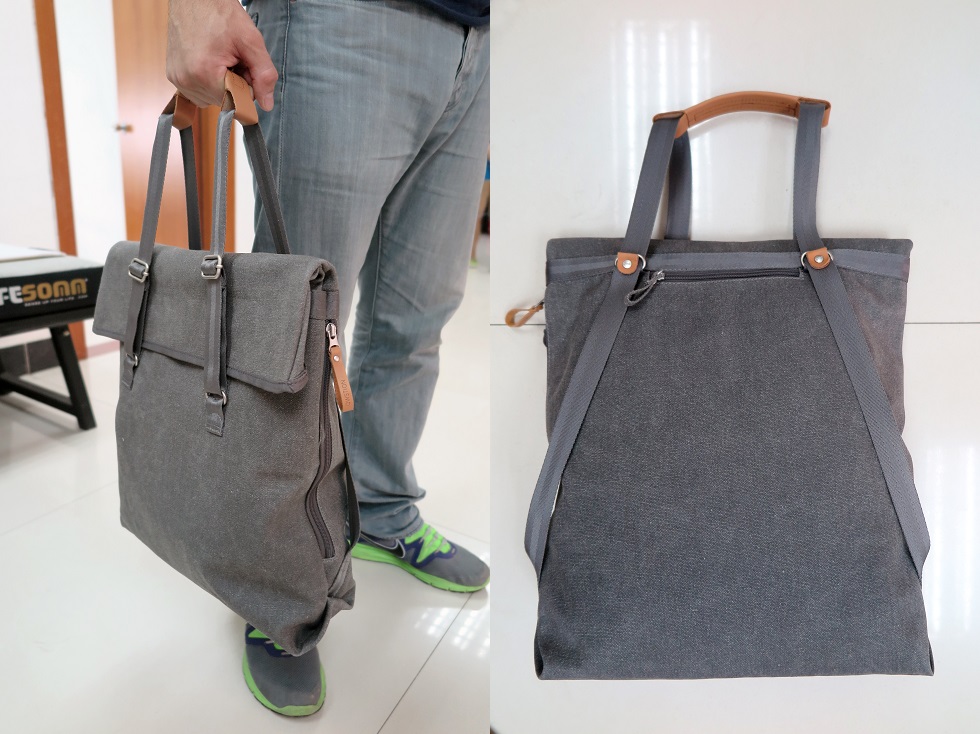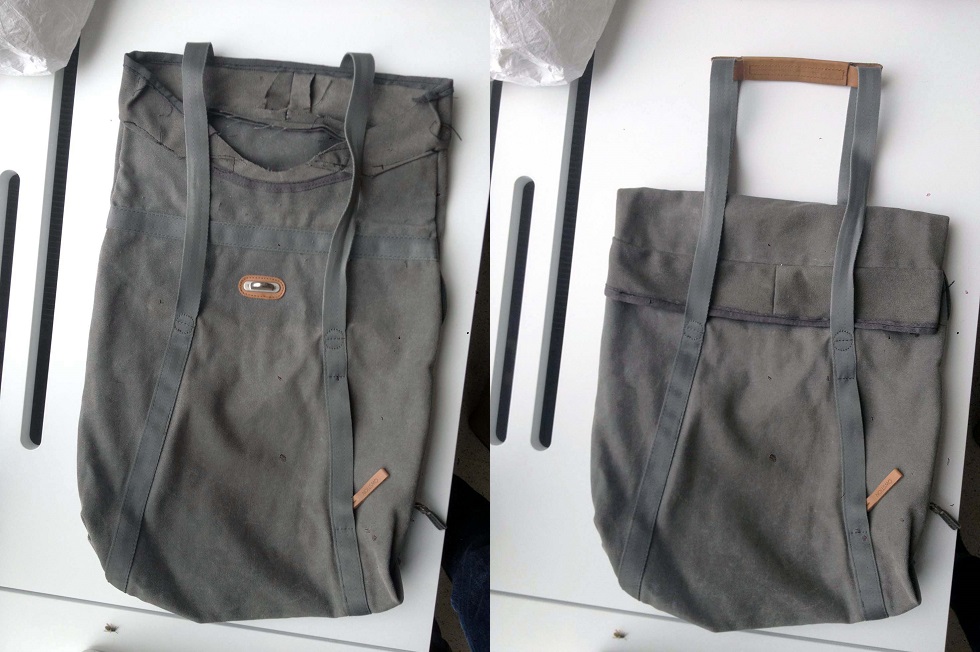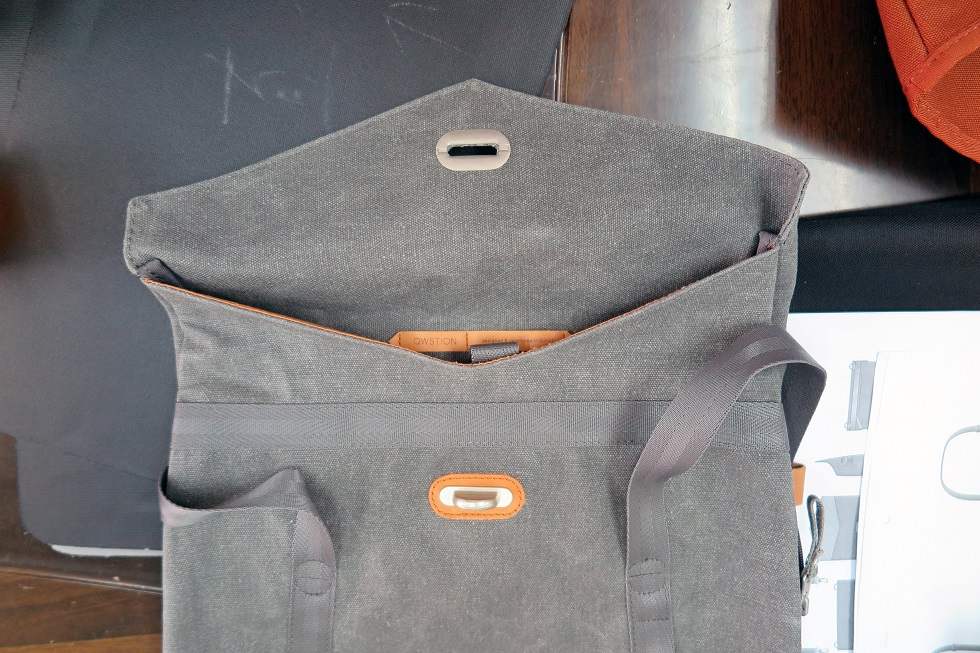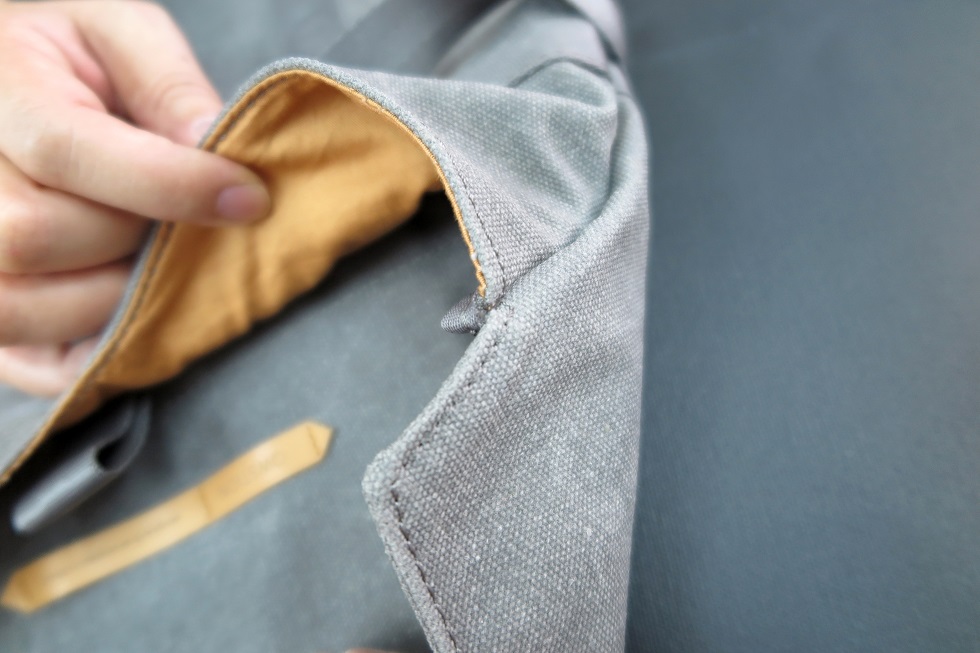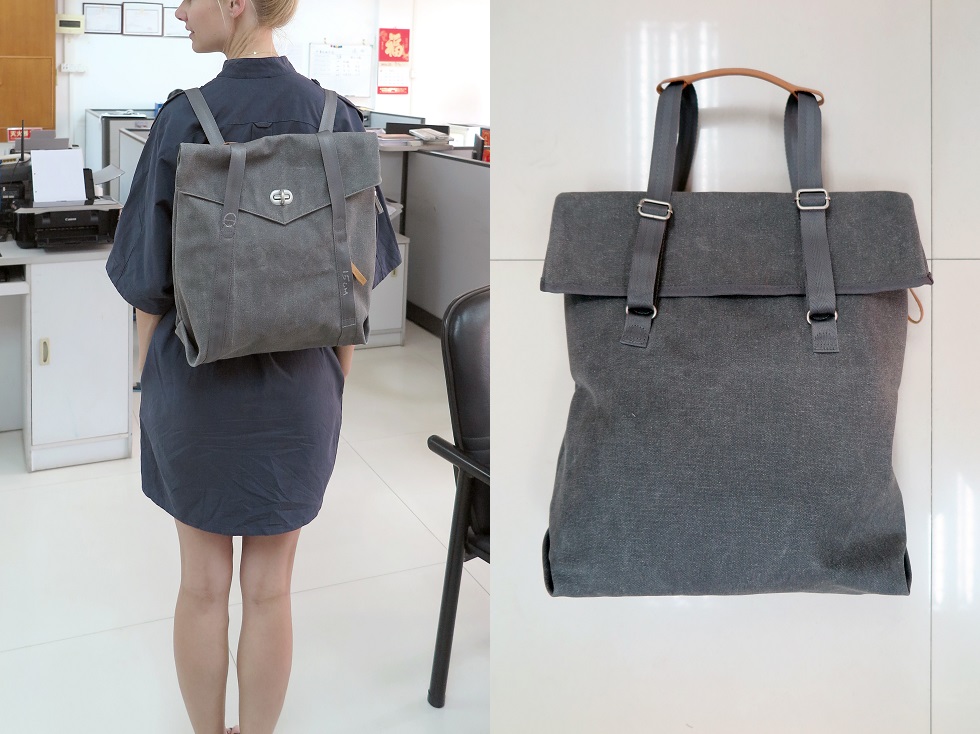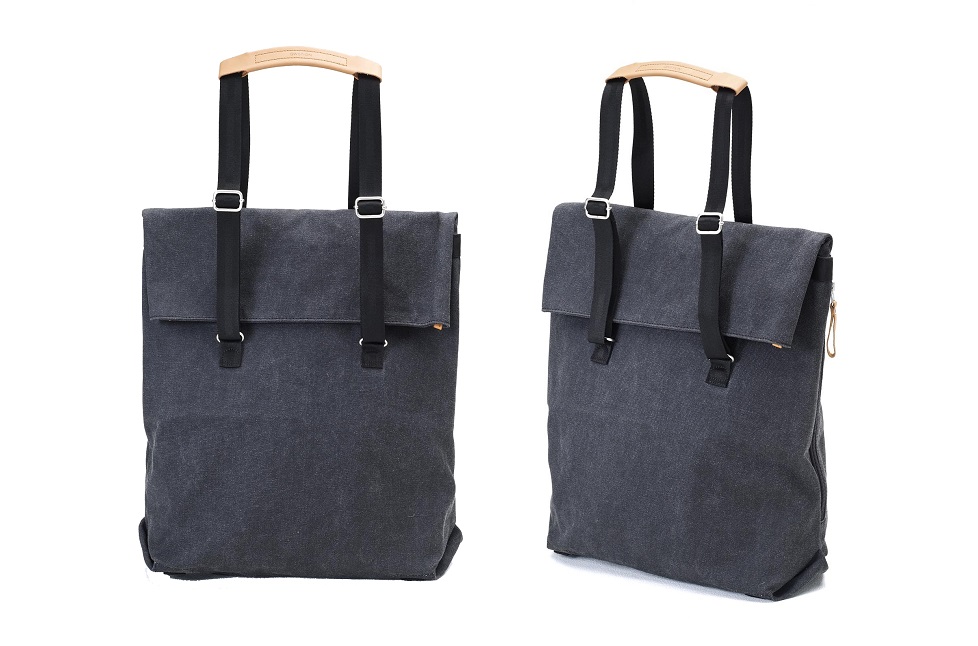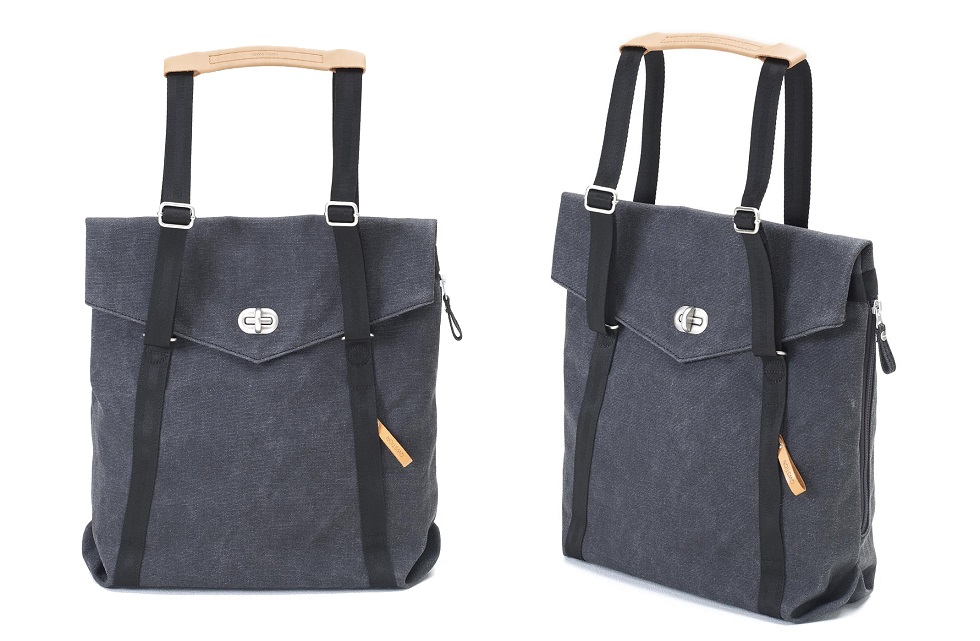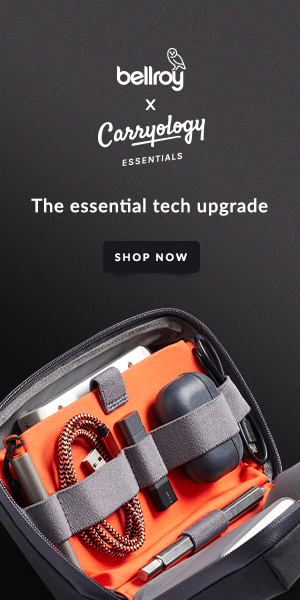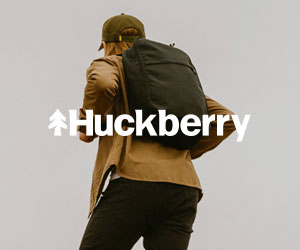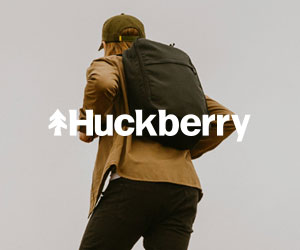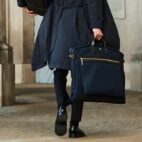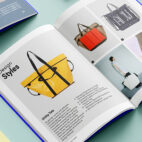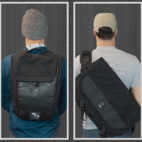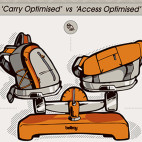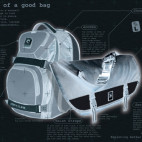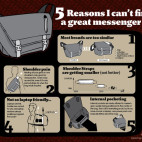The Evolution of the QWSTION Tote
Some carry brands only focus on improving design and production processes for new pieces. But Swiss carry brand QWSTION shirks that notion. Iterating and improving with each round of feedback. One fine example, the QWSTION Tote. Discover the evolution process below, told by QWSTION designer, Christian Paul Kaegi.
In 2010 we started working on our Tote bag and after the launch it quickly became one of QWSTION’s bestsellers. With its minimalist style it appealed to men and women equally, and the fact that it easily transformed into a backpack was something truly unique back then. Recently we’ve introduced the fourth generation, which stands as a testament to our evolutionary approach to making bags.
We continuously ask ourselves whether we can improve the design and production process not only of new models, but also of our existing products. Because times change, and so does the amount and size of things we carry with us every day. Electronic devices for instance have become smaller and lighter and we want to adapt our bags to those new circumstances.
"We continuously ask ourselves whether we can improve the design and production process not only of new models, but also of our existing products."
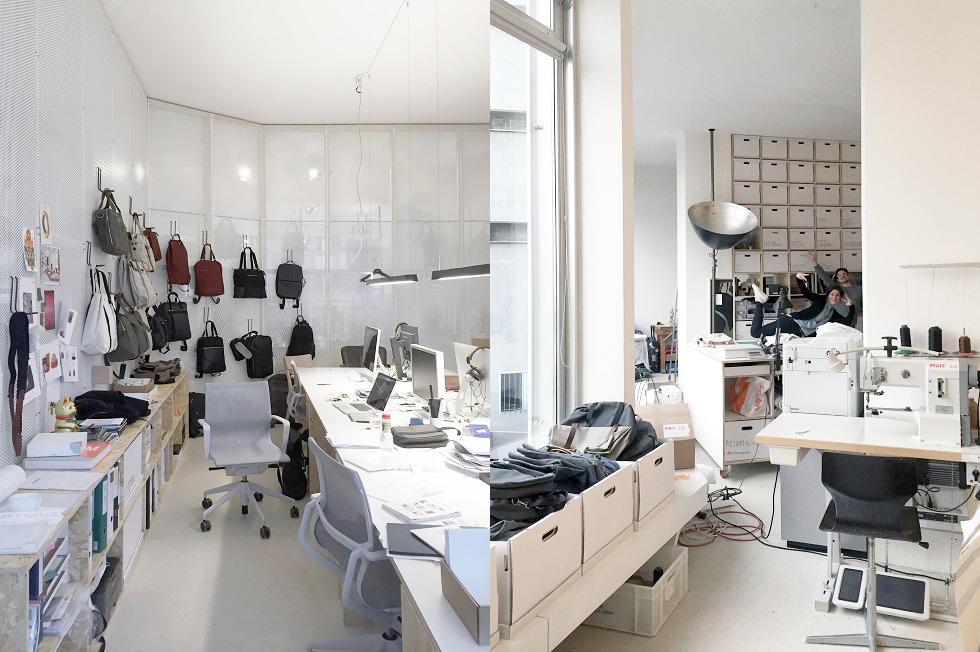
First Prototypes
We started with the idea of making a small backpack around 15L, in-between a flapped rucksack and a tote bag, just because we found it relevant for our daily needs. We wanted to make a bag which we felt was not existing in the market. We first experimented with 1.5" straps and a one-piece construction. If you look closely you can see the stitches of the wider strap (which we took off and replaced with a 1" strap) on the photos of the 2nd proto.
"We wanted to make a bag which we felt was not existing in the market."
For prototyping we sometimes use leftover materials, which results in unusual color combos (like the one below).
V1 Production Version
Our sales team asked for a shoulder strap, as the handles were conceived like a briefcase (not large enough to be carried over a shoulder). To incorporate this we changed to a side-panel construction. Narrower webbings felt more unisex and a bit more elegant.
"Our sales team asked for a shoulder strap, as the handles were conceived like a briefcase (not large enough to be carried over a shoulder)."
V2 Prototype
We felt the V1 turned out a bit too complex, so we tried a lot of new constructions in order to find a combined backpack/handle system. Finally we invented the Simple-Strap-System®, which allowed the bag to be a lot lighter. It took a bit of getting used to, but one of the positive aspects was that the strap holds the flap firmly in place when in backpack mode. No more dangling handles. In terms of the construction of the volume we turned back to the pattern of the first prototype, which made the bag a lot more simple in terms of its aesthetic as well.
"We felt the V1 turned out a bit too complex, so we tried a lot of new constructions in order to find a combined backpack/handle system. Finally we invented the Simple-Strap-System®, which allowed the bag to be a lot lighter."
V2 Second Prototype
After making a sample with all the production details we re-worked the shape of the flap, which was sticking out at the sides a bit too much for our tastes. We were able to take care of this by changing the shape of the front panel. Also we had a new O-ring made which was narrower, and added a stopper on the strap for production. The length of the zipper on the front pocket was increased slightly (see detail images).
V2 Production Version
The multiple carrying options, which has kind of been our signature thing since the beginning, is visible in its essence on the V2 Tote.
"The multiple carrying options, which has kind of been our signature thing since the beginning, is visible in its essence on the V2 Tote."
V3 Production Version
Not a lot of changes, but after introducing the Simple-Strap-System® with a fixed length (the golden length) we tried to find a solution to accommodate sizes at both ends of the spectrum. The additional buckle on the front side finally allowed this, although the design team clearly preferred the more simple look of the V2. Another little update was the addition of a zipper on the back side phone pocket.
V4 Prototypes
From the second to third version we added adjustable straps to the Simple-Strap-System, which on the one hand increased the range of user sizes we could cater to, but on the other also paved the way for the fourth generation.
The increased spectrum of users meant that we now had people commenting it was slightly too large, while on the other end of the spectrum some liked the functionality and size but felt it was too feminine. So we decided to take the next step: we decreased the size of the Tote by around ten percent, and at the same time developed the new Daytote as a slightly more minimalistic and masculine version based on the original size.
"From the second to third version we added adjustable straps to the Simple-Strap-System, which on the one hand increased the range of user sizes we could cater to, but on the other also paved the way for the fourth generation."
We tested a couple of new things in regards to how and where the straps were attached to the bag.
V4 Production Version
For production we refined the detailing and shape of the flap.
The integration of a padded laptop compartment improves the everyday capabilities for all users. It allows the bag to carry a MacBook Pro up to 15", and the new design offers the familiar side zip but also a bigger opening at the top for even easier access.
"The integration of a padded laptop compartment improves the everyday capabilities for all users."





 Carry Awards
Carry Awards Insights
Insights Liking
Liking Projects
Projects Interviews
Interviews
